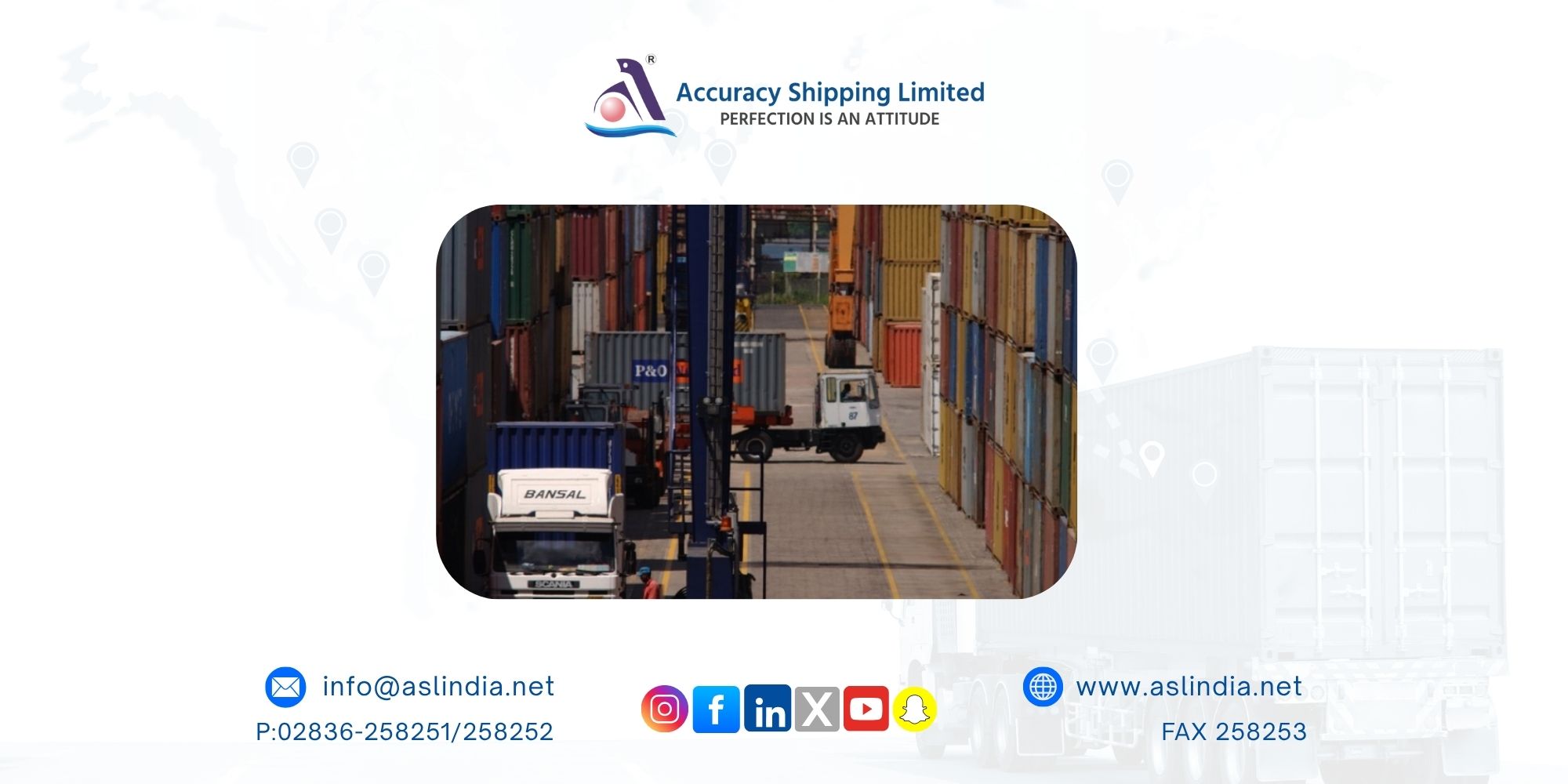De-escalation process at LAC must move forward: Jaishankar tells Wang

New Delhi, August 18, 2025 – External Affairs Minister S. Jaishankar emphasized that the process of withdrawing troops from the Line of Actual Control (LAC) must “move forward” as he met Chinese Foreign Minister Wang Yi in Delhi on Monday. The high-level talks mark an important step in efforts to stabilise bilateral ties and expand cooperation after years of tension along the disputed boundary.
Key Diplomatic Engagements
Mr. Wang is in Delhi for wide-ranging discussions with Mr. Jaishankar and National Security Advisor Ajit Doval. His visit comes ahead of Prime Minister Narendra Modi’s scheduled trip to China for the Shanghai Cooperation Organisation (SCO) summit at the end of the month. On Tuesday, August 19, 2025, Mr. Wang will meet Mr. Doval for the 24th round of Special Representative talks a process dedicated to resolving the long-standing boundary dispute between India and China.
In a significant gesture, Prime Minister Modi is also set to meet Mr. Wang on Tuesday evening, a rare move ahead of his planned talks with President Xi Jinping during the SCO summit in Tianjin. This is Mr. Wang’s first ministerial visit to India since the Xi-Modi Kazan summit in October 2024, where both leaders committed to normalising ties after a prolonged military standoff at the LAC.
Call for De-escalation
Addressing the talks at Hyderabad House, Mr. Jaishankar remarked, “Having seen a difficult period in our relationship… our two nations now seek to move ahead. The basis for any positive momentum in our ties is the ability to jointly maintain peace and tranquillity in the border areas. It is also essential that the de-escalation process move forward.”
Despite some progress since last year’s Kazan agreement, India remains concerned that demobilisation and dismantling of military infrastructure along the border remain incomplete nearly ten months later. Mr. Jaishankar underlined that restoring peace at the border is critical for rebuilding trust and ensuring stable bilateral relations.
Steps Towards Normalisation
Amid continuing challenges, India and China have recently taken steps to restore confidence in their relationship. In June 2025, the two sides resumed the Kailash Mansarovar Yatra for pilgrims after a four-year pause, and India has also restarted issuing tourist visas for Chinese nationals. Discussions are underway on resuming direct flights and sharing of river water data, both suspended since 2020.
Earlier, China’s Foreign Ministry spokesperson Mao Ning said that Beijing “stands ready to continue the in-depth communication” with India with a “positive and constructive attitude.” She added that the Special Representatives would build on the last round of talks by focusing on delimitation negotiations, border management, mechanism building, and cross-border cooperation.
The Road Ahead
The Wang-Jaishankar meeting reflects both opportunities and challenges for the future of India-China relations. While trade and cultural exchanges are gradually resuming, the unresolved border tensions continue to cast a shadow over progress. For India, meaningful de-escalation at the LAC remains the foundation for trust-building.
As Prime Minister Modi prepares to engage President Xi at the SCO summit later this month, the outcomes of the Delhi discussions will set the tone for the next phase of the relationship between Asia’s two largest neighbours.







